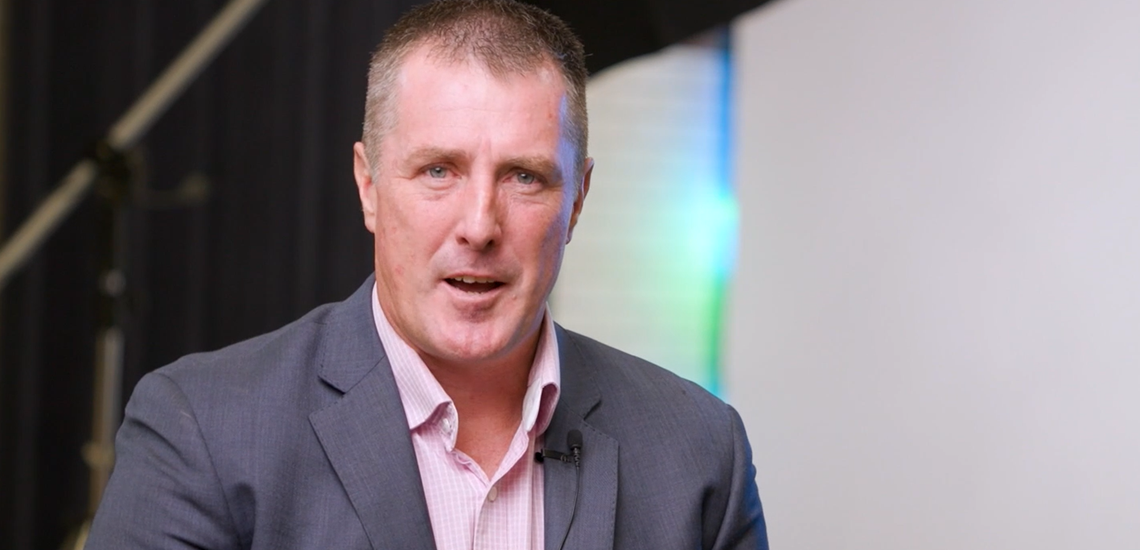Three years ago I was diagnosed with Adult ADHD. Since the ADHD diagnosis I have identified that I also meet the criteria for Autistic Spectrum Disorder (ASD), or previously Asperger Syndrome. Essentially, I am neurodivergent. Neurodivergence is a concept originally attributed to the 1990s sociologist Judy Singer, and is a non-medical umbrella term that describes people with variation in their mental functions, and can include conditions such as autism spectrum disorder (ASD) or other neurological or developmental conditions such as attention-deficit/hyperactivity disorder (ADHD).
I write this article to describe my experience of being neurologically diverse, and in particular how I have ‘masked’ my natural and hard-wired behaviours and thinking. Masking is essentially when a person presents to the external world what is socially expected while doing their utmost to manage their internal emotional and cognitive reactions to the world around them. The evidence suggests that young girls with ASD are most prone to ‘masking’ and in many cases go undiagnosed resulting ultimately in not meeting their potential.








